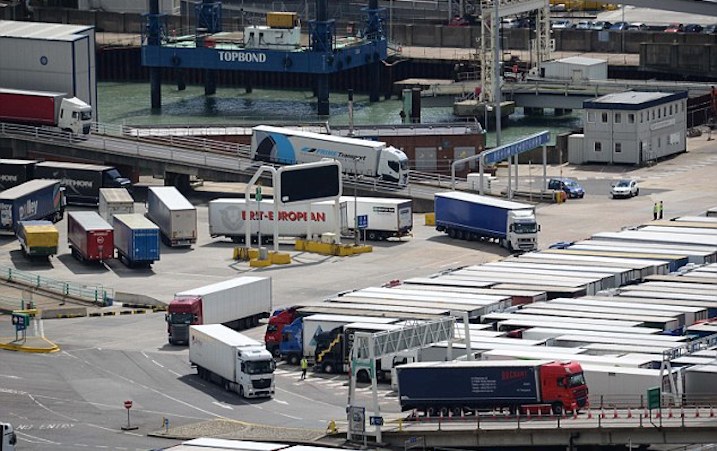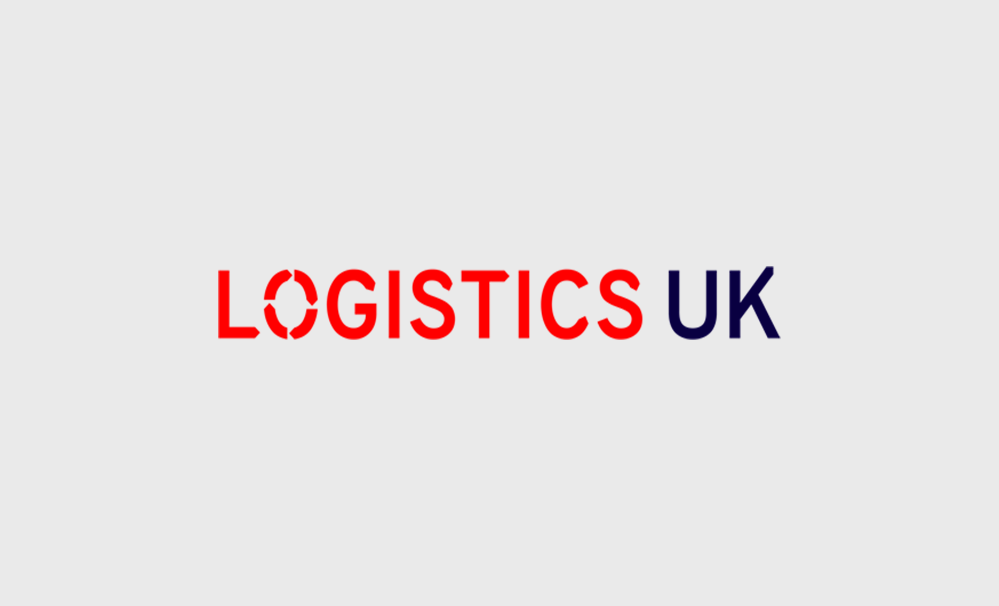Following the vote last summer to leave the European Union, there has been a lot of talk from the government about Brexit meaning Brexit, how they would respect the results but until recently, fine details have been few and far between. Now we know that the government position is a full removal from the single market, industries across the country are looking at how this new trading relationship will impact them.
One of the most significant changes will be the need for increased customs operations on goodscoming across the Channel from the continent. At the moment, an estimated 1.6 million trucks use the Euroshuttle service and 2.6 million come through the port at Dover. These vehicles will need to be checked, forms filled in and a whole lot of increased hassle and delays will be the new norm. Memories of Operation Stack in 2015, where French ferry workers went on strike, causing parts of the M2 to become a lorry park, spring to mind. Businesses lost £21m just in stock that had to be thrown out due to the ridiculous delays and across the country, it was estimated to have cost £250m every single day. Experts have suggested that the introduction of customs checks at Dover after Brexit would bring gridlock to the region, with lorries queuing for 30 miles.
This is a lot of freight that will have to be checked. So, the question of ‘where?’ comes to mind when considering a future with customs checks, and an obvious desire to avoid this kind of widespread chaos. Dover is busy enough already, with very little room for such huge new facilities, and the Euroshuttle terminal a few miles inland doesn’t offer an obvious answer either. Located right on the edge of an Area of Outstanding Natural Beauty, building new facilities capable of handling the traffic is far from easy.
But merely finding a suitable location isn’t all; sources from Whitehall have revealed that the computer system that handles customs filings will not be able to cope with the increase; at the moment, it deals with around 90m a year, after Brexit this is expected to be close to 400m. Even if a location was found and improvements made to the IT system, experts warn that lorries could be delayed for at least 24 hours and containers for up to four days. This disruption in the supply chain of UK businesses would be incredibly costly. As such, haulage bosses have warned that the government need to hire thousands of additional customs agents to avoid this catastrophic outcome.
With years to go before the UK actually leaves the EU, many more debates, discussions and negotiations are to be had. Given that the South East, around Dover especially, acts as a gateway to continental trade, hopefully the government will recognise the importance of substantial investment in order to maintain smooth trade.







